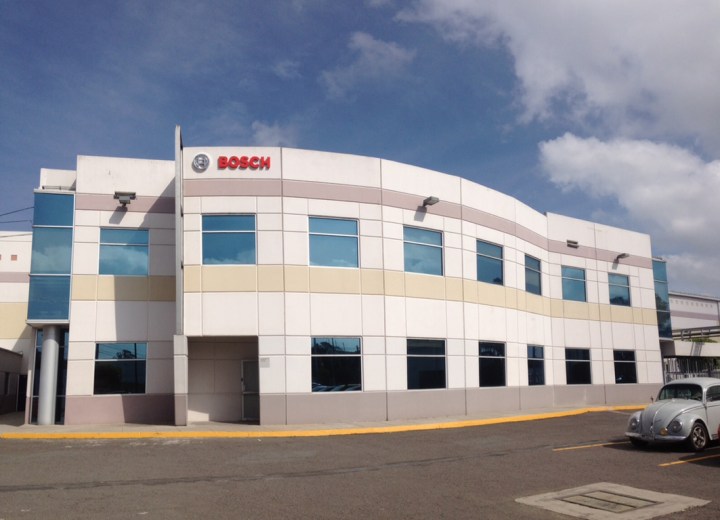
German auto supplier Bosch is looking to increase range in another way by introducing a thermal management system for electric vehicles. Scheduled to be showcased at the 2015 Frankfurt Motor Show, the technology uses waste heat from the electrical components to control climate conditions in the cabin, enlisting a series of pumps and valves to circulate air as needed. According to Bosch, the system could result in up to a 25 percent increase in overall range in the right conditions.

“In battery-driven powertrains, heating and cooling play a significantly greater role than in gasoline or diesel engines, since without a combustion engine, the vehicle does not have a generous supply of heat,” the company explains. “For this reason, the passenger compartment is heated using a purely electrical system. The electricity it needs comes from the battery. This in turn impacts range: In winter and summer, roughly half the energy stored in the battery goes into regulating the temperature of the passenger compartment. “
One way to visualize the technology is by comparing it to a common refrigerator or air conditioner. To create cold air, the units use electricity which creates heat. In those applications, the waste energy is generally funneled through an exhaust tube or simply released into the air, but with Bosch’s system, the excess heat is used to take strain off the battery itself.
It’s a unique and frustratingly obvious way of recycling, but even without the system in play, there’s a good lesson to be learned here: If you’re worried about running out of juice in your EV, pack a sweater.
Editors' Recommendations
- Volkswagen’s electric ID.Life concept car doubles as a gaming console
- Lexus unveils its first electric car, but it’s unlikely to be sold in the U.S.
- Mercedes-Benz’s electric EQC is one of the most affordable cars in its segment
- Lexus plugs in its electric car offensive with an innovative concept
- Mercedes-Benz wades into the micromobility fray with its first electric scooter


